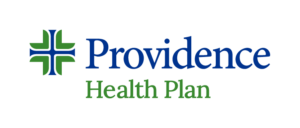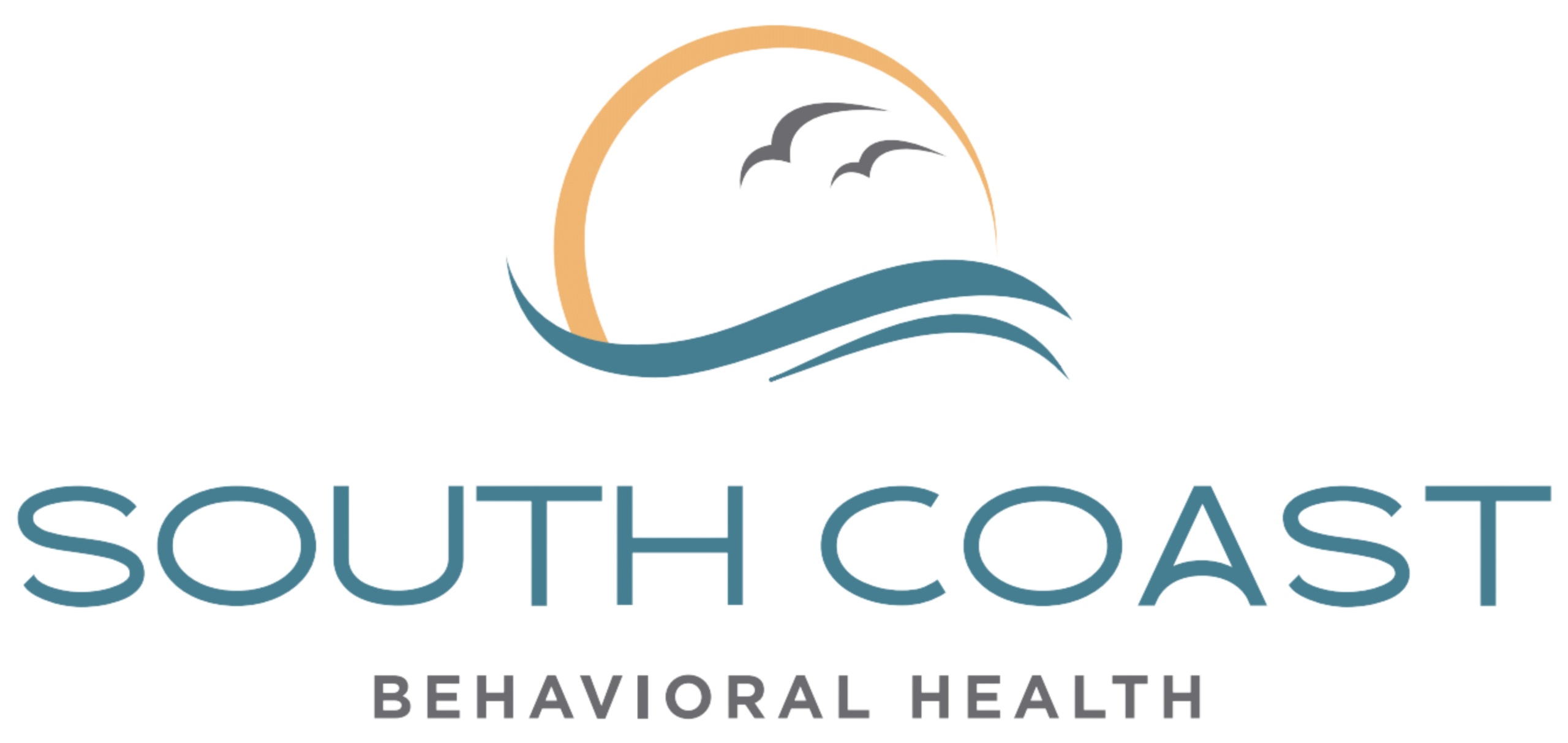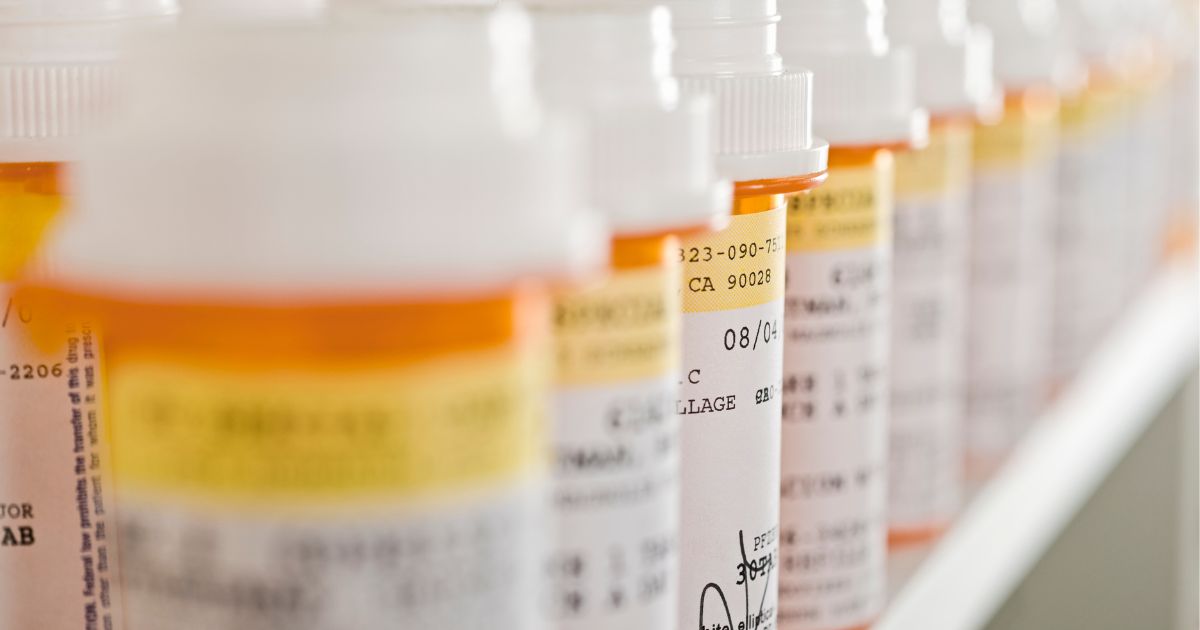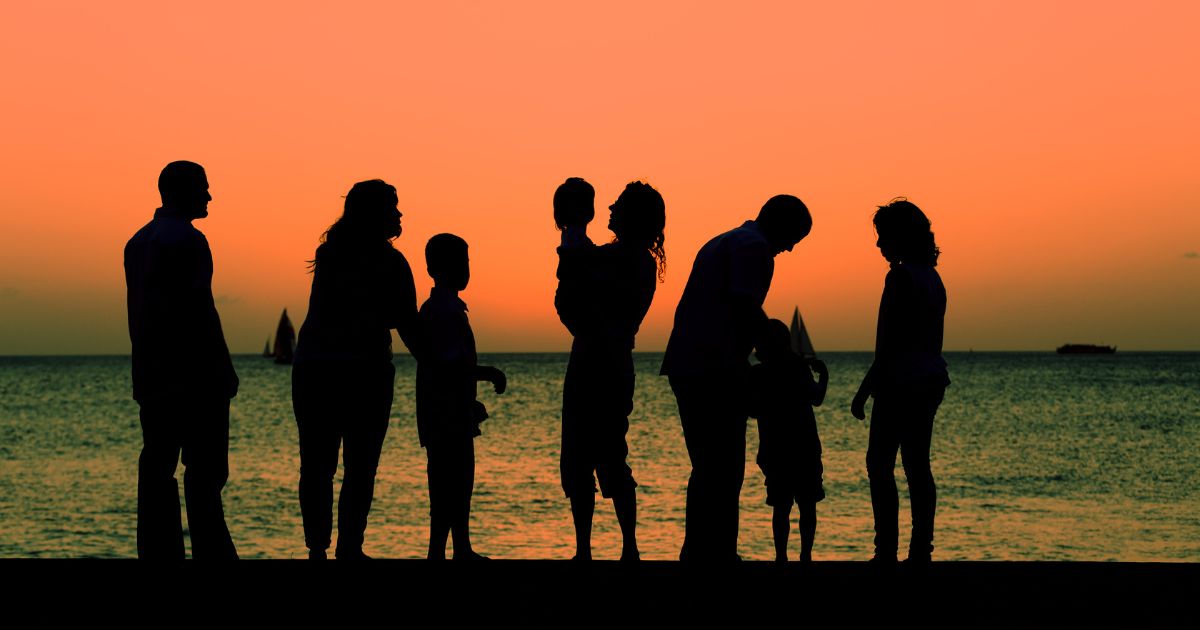Dialectical behavior therapy, or DBT, is a well-established therapy used to treat mental health issues. One of the most common mental health issues it treats is depression. In this article, learn how DBT for depression works and whether you can benefit from it.
What is Dialectical Behavior Therapy?
Dialectical Behavior Therapy (DBT) is a type of cognitive-behavioral therapy originally developed by Dr. Marsha Linehan in the late 1980s. Its primary goal is to help individuals cope with and change unhelpful behavioral patterns. Some get it confused with cognitive behavioral therapy (CBT), another form of behavior therapy. Both are used to treat mental health disorders.
DBT combines standard cognitive-behavioral techniques for emotion regulation and reality-testing with concepts of mindfulness, distress tolerance, acceptance, and dialectical processes. It focuses on teaching skills to manage painful emotions and decrease conflict in relationships. DBT emphasizes balancing acceptance and change, which is the ‘dialectical’ component.
Initially designed to treat borderline personality disorder, DBT has since been adapted for other mental health conditions. It’s particularly effective for individuals dealing with emotional regulation issues, self-harm, suicidal ideation, substance abuse, eating disorders, and post-traumatic stress disorder (PTSD). DBT for depression is also quite common.
DBT can be conducted by psychologists, psychiatrists, and therapists. These professionals undergo specialized training in DBT to ensure they can effectively deliver the therapy. It can take place in various settings including outpatient clinics, inpatient facilities, and sometimes in more intensive residential settings.
Does DBT for Depression Work?
Dialectical Behavior Therapy can be effective for treating depression, particularly in individuals who have not responded well to traditional therapy methods.
DBT can be great for depression because it emphasizes acceptance and structure. The DBT concept of radical acceptance means acceptance of things you cannot change. This helps prevent pain from increasing suffering.
Meanwhile, the structured nature of DBT, with its clear stages and goals, provides a tangible path forward for individuals struggling with the often overwhelming feelings of depression.
Behavioral therapy for depression can take place along the following levels of care:
- Inpatient care — In severe cases of depression, especially where there is a risk of self-harm or suicide, treatment for depression may be part of a comprehensive inpatient treatment program.
- Intensive outpatient programs (IOP) — For those who need more support, treatment for depression can be offered in an intensive outpatient setting, involving more frequent or longer sessions.
- Outpatient care — Most commonly, behavioral therapy for depression is offered as an outpatient service where individuals attend regular individual therapy sessions and group skills training.
DBT for depression works because of its emphasis on skill-building and adaptability to different levels of care.
Get confidential help from our addiction treatment specialists in Orange County. Call to join our rehab program today!
Call 866-881-1184Understanding DBT Techniques and Skills
DBT for depression incorporates a range of techniques and skills.
Here’s a breakdown of some key components:
- Mindfulness — Being present in the moment and accepting thoughts and emotions without judgment.
- Emotional regulation — Learn how to identify and regulate emotions in healthy ways.
- Distress tolerance — Cope with distressing situations and tolerate emotional pain without resorting to destructive behaviors.
- Interpersonal effectiveness — Learn how to improve relationships and communication skills.
- Radical acceptance — Recognize what is out of one’s control and fully embrace the present situation without judgment.
DBT skills are often taught in a group setting, which allows for skill-building through interaction and observation. Individual therapy also plays a crucial role in applying these skills to personal challenges.
The combination of these techniques makes DBT highly effective for depression.
How Else Is Depression Treated?
Besides using DBT for depression, here are some other evidence-based depression treatments:
- Cognitive Behavioral Therapy (CBT) — CBT focuses on identifying and changing negative thought patterns and behaviors that contribute to depression.
- Medication — Antidepressant medications, such as SSRIs, are commonly prescribed to alleviate symptoms of depression.
- Lifestyle changes — Studies show things such as proper nutrition, regular exercise, and good sleep hygiene can have a noticeable impact on mood.
- Mindfulness — Practices like mindfulness meditation can be effective in managing symptoms of depression.
- Electroconvulsive Therapy (ECT) — ECT involves the use of electrical currents to induce a controlled seizure in the brain, which can effectively treat severe depression.
The choice of treatment often depends on the severity of the depression, the individual’s personal preferences, and their response to previous treatments.
Looking for quality substance abuse treatment that’s also affordable? South Coast accepts most major insurance providers. Get a free insurance benefits check now.
Check Your CoverageDBT for Depression at SCBH
If you or a loved one are seeking DBT for depression, South Coast Behavioral Health is here to help. We offer a range of therapies, including acceptance and commitment therapy and dialectical behavior therapy (DBT). These can help control self-harming behavior, emotion regulation skills, interpersonal effectiveness skills, and an overall life worth living.
If you are also dealing with substance use issues, you’ll need a medical detox before starting dialectical behavior therapy for depression. This means using drugs to manage withdrawal symptoms. Our medical detox program in California is staffed by caring and compassionate professionals who can provide you with medications to manage your withdrawal symptoms.
At South Coast, we take pride in offering DBT programs closely tailored to specific issues. To that end, we offer gender-specific detox programs, with medical detox for men in Irvine, CA, and medical detox for women in Huntington Beach, CA.
After detoxing, proper treatment, including DBT and CBT for depression, can begin.
Treatment for substance abuse takes place along an entire spectrum of care. Along that entire spectrum are various behavioral therapies, support groups, and medically-assisted treatment (MAT).
These levels of treatment are, in order, as follows:
Residential Treatment in California
After completing medical detox, you’ll receive inpatient treatment in Orange County California. There, you’ll receive medically-assisted treatment and dual diagnosis treatment to deal with any cravings or co-occurring mental health issues you may be battling. You can also receive DBT and CBT for depression.
We also offer residential treatment facilities in Costa Mesa, Irvine, and Huntington Beach for those who desire gender-specific treatment. There, patients get round-the-clock medical attention and monitoring while living at the institution full-time.
In addition to individual and group counseling and medication management, you’ll also have access to leisure activities and family support services.
Partial Hospitalization in California
Most clients start substance abuse treatment with South Coast in our residential treatment program. After completing that, many desire something that still provides structure and support, but with extra space and time to oneself. For that, we offer Partial Hospitalization in Newport Beach.
A step down from inpatient care but with more structure than conventional outpatient programs, partial hospitalization offers a good balance for those looking to ease back into normal life. Clients can receive DBT for depression five to seven days a week for several hours each day, returning to their homes in the evening.
This way, they can recover without putting their daily lives completely on hold, receiving intense therapeutic interventions like group and individual therapy, skill development, and medication management as necessary.
Intensive Outpatient Treatment in California
For those leaving inpatient residential treatment or partial hospitalization, intensive outpatient programs (IOP) are yet another gradual step forward on the road to recovery.
With a focus on group therapy, individual counseling, and education, clients undergoing Intensive Outpatient Treatment in Newport Beach can meet three to five days a week. Each DBT for depression session lasts three hours.
This level of care requires the least amount of attendance at a facility.
Start Today
If you or a loved one are struggling with alcohol addiction but wonder how long addiction treatment takes or have other questions, call us at 866-881-1184. Our highly qualified staff will be happy to help give you an idea of what to expect from your addiction recovery timeline, verify your insurance, and assist with any other questions you may have. Whether you’re suffering from depression, post-traumatic stress disorder, a personality disorder, even eating disorders, we can help.
























